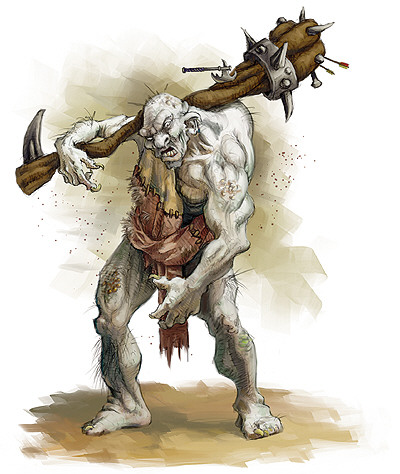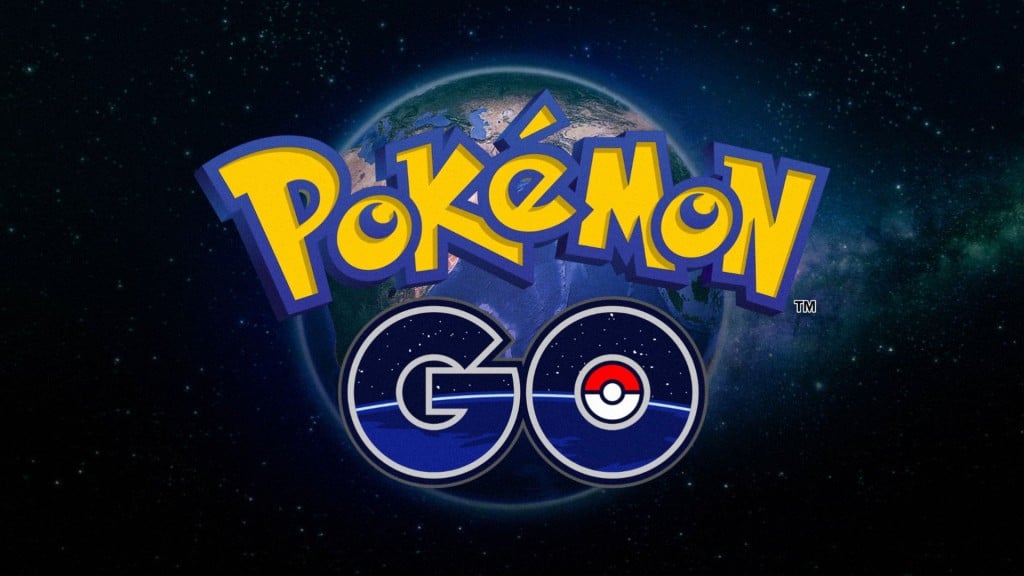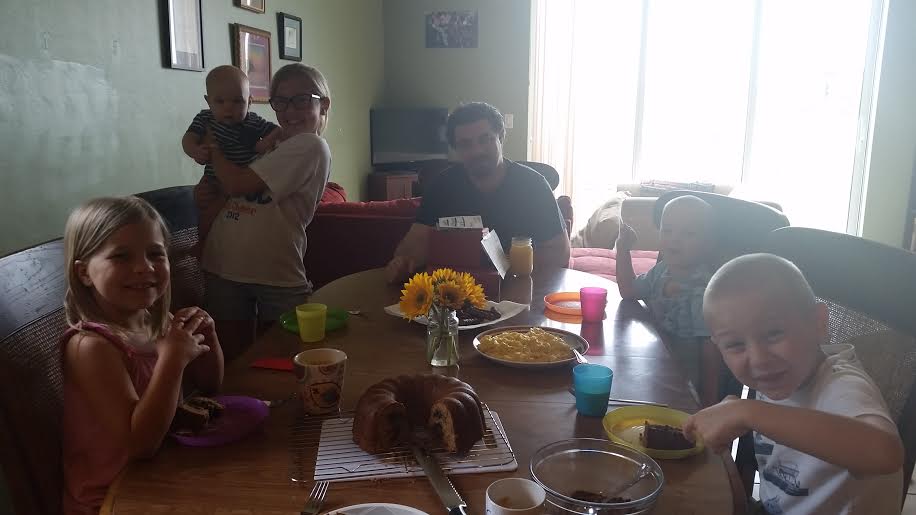The most common parenting issue I find myself disagreeing with friends and family about is whether or not children should be exposed to anything violent. We let our daughters, 3 and 6, watch the animated Justice League movies. One of our favorite family films is Miyazaki’s Spirited Away, which is both violent and, in the words of my mother, “creepy and weird”. I took Sienna to see John Carter even though I was warned it was too violent, and I’m glad I did; I didn’t find it too violent for her (although a lot of credit for that goes to the unreality of the blue-blooded aliens…had the blood been red and the aliens been humans, it might have been a different story). We’re not cavalier about violence, though, however it may seem; rather, we probably pay closer attention to violence in its various forms than most parents who place a de facto ban on violence in books and movies. The reason for that is simple. Human beings are capable of committing violent acts, both in defense of good and in service of evil. To ignore or deny that facet of human nature is dishonest.
This morning, Mrs. Darwin directed my attention via facebook to a story about a French priest who is racing against time to try and bring to light the truth about yet more hidden Nazi atrocities. The generation who witnessed the mobile Nazi death squads, the Einsatzgruppen, slaughter hundreds of thousands of Jews and Gypsies in the Soviet Union is dying out, and Fr. Patrick Desbois is desperately trying to record their stories before it’s too late.
You really ought to read the article. It’s fascinating, in the same horrific way that all the tales of those atrocities are fascinating. I have less trouble understanding the willing submission of the victims in the Soviet Union than I do in Western Europe, because the Jews and Gypsies had been subjected to pogroms in Eastern Europe for centuries. I don’t even have trouble swallowing the cooperation of the townspeople, even going so far as to dig the graves and watch in silence for days as those buried alive struggled beneath the fresh earth, because what choice did they have? As I understand it, life in Eastern Europe, particularly those remote villages of the Soviet Union, was unimaginably bleak and cruel, due to both the government and the weather. These were not a people accustomed to anything other than trying to survive. (This is not to say that there weren’t heroic acts of self-sacrifice; I’m sure there were, I just understand why they weren’t the norm.) What I truly cannot fathom, though, is why no one said anything after the war, or after the oppression of the Stalinist regime had lifted. Were they afraid? Were they trying to forget? Did they think it didn’t matter, that the past was the past? Why did no one think that these atrocities needed to be recorded, the victims remembered, and history set straight?
After enduring the horrors of the Nazis and Stalin during their lives, the villagers have never posed themselves the kind of questions of guilt and complicity that so often bedevil the conscience of the wealthier and more privileged, believes Father Desbois.
I can accept that explanation, that questions of guilt and complicity have been pushed out of the minds of the villagers in the desperate struggle to simply survive. But I can’t understand why they didn’t think the victims ought to be remembered, and the atrocities recorded so that future generations would know.
Holocaust deniers are incomprehensible to me. I cannot understand people willingly ignoring vast swathes of evidence for the purpose of a political or religious agenda, or because they cannot comprehend and accept the depths of evil that humans are capable of. I’m so grateful that Eisenhower foresaw the possibility of future generations dismissing the Holocaust as “propoganda” and ordered meticulous photographic records to be made of each camp. And I agree wholeheartedly with the assessment of Fr. Desbois:
As for those who question the existence of the Holocaust, whether they are politicians or within his own church, he sees them as the direct inheritors of Himmler and Heydrich. They are, he says, the “deniers of the inferno”.
Not too long ago, I had an altercation in my comment box with a reader who was horrified that I, as a Christian, would read The Hunger Games. She saw it as promoting gratuitous violence. I see no such thing. The violence in The Hunger Games is horrific and destructive. It destroys everyone involved. No one comes out unscathed, or even remotely normal, let alone happy.
I understand shielding our children from depictions of gratuitous violence, but I think we as a culture have begun to lose sight of when depictions of violence are gratuitous and when they serve a purpose. My husband thinks the movie Platoon is an important movie, one that our children should see at some point in their teenage years. I couldn’t even finish the movie because I was so sickened by the violence, and for years I fought him about showing it to our kids. But now I’m starting to understand why it’s important. It’s important for the same reason that telling our children about the Holocaust is important, really telling them, not glossing over it but making sure they understand the depth and breadth of the horror. Future generations must understand what humans are capable of. We must not allow the generations of the future to insist that such things could not happen, that humans would not have done such a thing, because that’s exactly when it will happen again. The US and Britain has at least some reports of the concentration camps well before they entered the war, but they didn’t act because they didn’t believe it could be true. How many lives could have been saved if our governments hadn’t been lulled into a false sense of security about the capabilities of human beings to commit evil against each other? (He objects to my mention of Platoon because the argument for that movie is more complicated than I’m allowing at the moment)
The tricky part, I guess, is figuring out when our children are mature enough to hear it and understand. I don’t think it’s too difficult to untangle which depictions of violence are gratuitous and which are not, but it is going to be difficult to decide when each child is ready to hear and see and to bear them. I believe it needs to happen before the kids go to college, probably well before, when they’re still ready and willing to listen. But I truly think that one of the worst disservices we can do to our children is to shield them from the reality of violence. If they don’t know what humans are capable of, they will never learn how to guard against it, both in others and in themselves.











